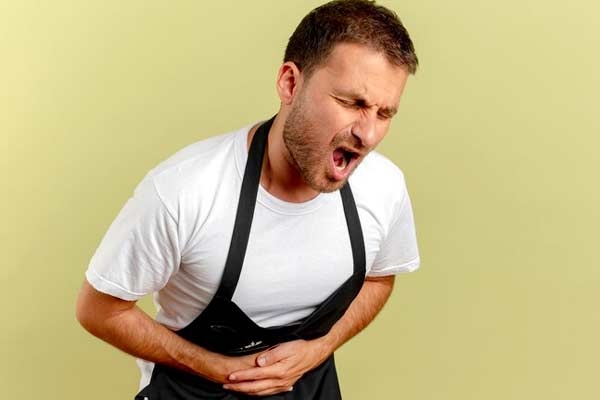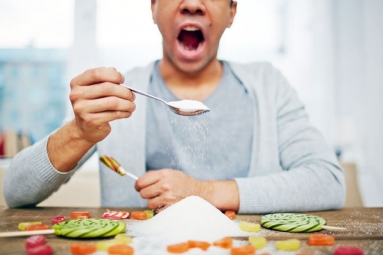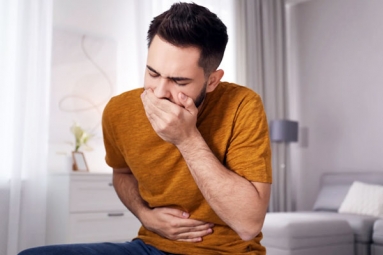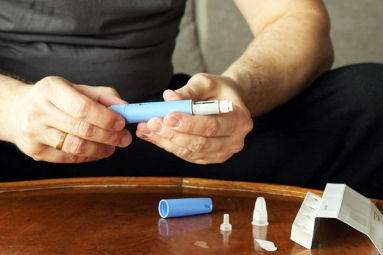
(Image source from: Freepik.com)
How often do your friends tell you that eating a lot after drinking can prevent a bad hangover, right? Many people believe this advice and believe that a hearty meal counteracts the effects of alcohol. However, they often ignore whether this strategy actually works or is just a myth. Now another idea is circulating. Some people claim that filling your stomach with alcohol can prevent food poisoning. But does a sip of alcohol really help when you've had something bad? Let's see what the experts say? The idea is that drinking alcohol after eating food that was improperly stored or prepared in unsanitary conditions can reduce some of the harmful effects of food poisoning. The idea behind this is to use alcohol-based solutions for hand disinfection. Therefore, people began to believe that drinking alcohol after a meal could kill the bacteria in food, and some studies claimed this too.
It is important to understand that the antibacterial effect of alcohol is not reproduced in the stomach. Therefore, consuming alcoholic beverages does not eliminate pathogens that cause food poisoning. On the other hand, drinking alcohol, especially if you regularly consume more than the recommended amount, can actually increase your risk of disease. The idea that drinking alcohol can prevent food poisoning is a common misconception with no scientific basis. Research repeatedly shows that drinking alcohol before or after a meal is not beneficial to your health and does not protect against food poisoning. It is important to distinguish between alcohol for consumption and concentrated alcohol used in disinfectants and disinfectants. The alcohol concentration in drinks is typically around 5 to 15 percent, much lower than the 60 to 90 percent concentration used to effectively kill bacteria. Alcohol is not a treatment for food poisoning because it does not neutralize or destroy the harmful bacteria, viruses, or toxins that cause food poisoning.
Because drinking alcohol has many negative effects, such as habituation and problems with the liver and pancreas, especially if you are overweight or diabetic. Alcohol has limited antibacterial properties and is not strong enough to neutralize dangerous bacteria. Relying on this to prevent food poisoning can give a false sense of security and delay appropriate treatment. Alcohol can irritate the stomach lining and cause other problems. Alcohol can irritate the digestive system and worsen symptoms such as nausea, vomiting and diarrhea. It can also affect the body's ability to hydrate, which is important in cases of food poisoning. Experts believe the use of alcohol as a preventive measure against food poisoning is misleading and dangerous. Instead of relying on alcohol, focus on safe eating practices.
Eat healthy: Choose foods that are properly prepared and stored. The cooking temperature also plays an important role here.
Avoid dangerous foods: Always be careful with foods and drinks outside the home.
Focus on storage: Leaving food out for long periods of time can lead to bacterial growth. Therefore, such foods should be stored in the refrigerator immediately. Additionally, keep foods separate in the kitchen to avoid cross-contamination.
Hygiene: Wash your hands thoroughly before eating to minimize the risk of contamination.



















